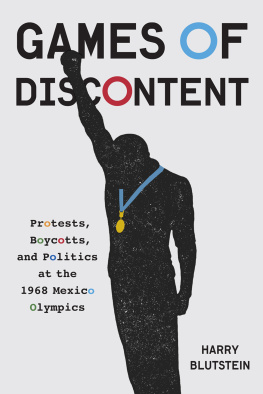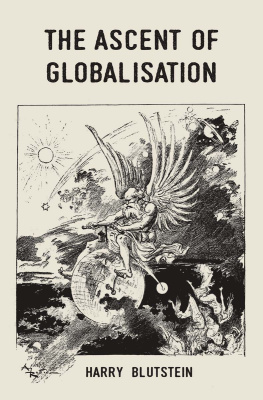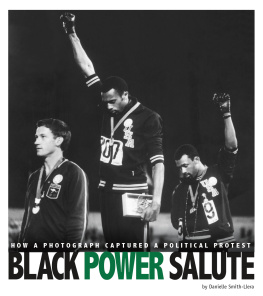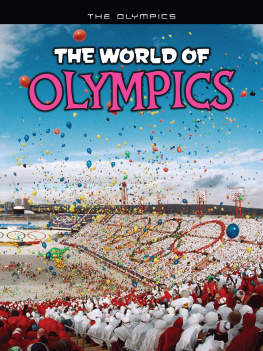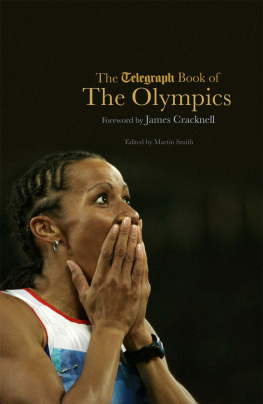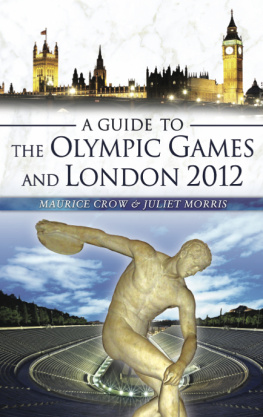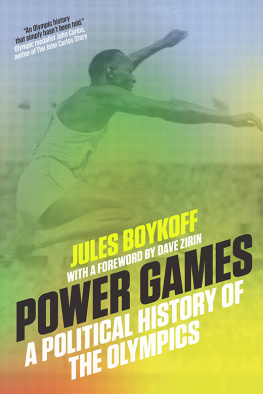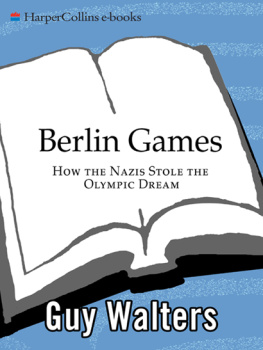Contents
Page List
Guide
GAMES OF DISCONTENT
McGill-Queens Studies in Protest, Power, and Resistance
Series editor: Sarah Marsden
Protest, civil resistance, and political violence have rarely been more visible. Nor have they ever involved such a complex web of identities, geographies, and ideologies. This series expands the theoretical and empirical boundaries of research on political conflict to examine the origins, cultures, and practices of resistance. From grassroots activists and those engaged in everyday forms of resistance to social movements to violent militant networks, it considers the full range of actors and the strategies they use to provoke change. The series provides a forum for interdisciplinary work that engages with politics, sociology, anthropology, history, psychology, religious studies, and philosophy. Its ambition is to deepen understanding of the systems of power people encounter and the creative, violent, peaceful, extraordinary, and everyday ways they try to resist, subvert, and overthrow them.
1 New Media and Revolution
Resistance and Dissent in Pre-uprising Syria
Billie Jeanne Brownlee
2 Games of Discontent
Protests, Boycotts, and Politics at the 1968 Mexico Olympics
Harry Blutstein
Games of Discontent
Protests, Boycotts, and Politics at the 1968 Mexico Olympics
HARRY BLUTSTEIN
McGill-Queens University Press
Montreal & Kingston London Chicago
Harry Blutstein 2021
ISBN 978-0-2280-0675-6 (cloth)
ISBN 978-0-2280-0693-0 (ePDF)
ISBN 978-0-2280-0694-7 (ePUB)
Legal deposit second quarter 2021
Bibliothque nationale du Qubec
Printed in Canada on acid-free paper that is 100% ancient forest free
(100% post-consumer recycled), processed chlorine free
Library and Archives Canada Cataloguing in Publication
Title: Games of discontent : protests, boycotts, and politics at the 1968 Mexico Olympics / Harry Blutstein.
Names: Blutstein, Harry, author.
Description: Includes bibliographical references and index.
Identifiers: Canadiana (print) 20200412973 | Canadiana (ebook) 20200412981 | ISBN 9780228006756 (hardcover) | ISBN 9780228006930 (PDF) | ISBN 9780228006947 (EPUB)
Subjects: LCSH: Olympic Games (19th : 1968 : Mexico City, Mexico) | LCSH: OlympicsPolitical aspects.
Classification: LCC GV722.1968 B58 2021 | DDC 796.48dc23
This book was typeset in 10.5/13 New Baskerville ITC Pro.
To Carol Lawson
Contents
Figures
Acknowledgments
While writing is a solitary profession, during the gestation of this book I did not lack human contact: I conducted more than a hundred interviews. I would therefore like to start by thanking the many former athletes, journalists, and officials who were in Mexico City for the 1968 Olympic Games who so generously gave up their time to speak with me about their memories and share some delightful stories. I have kept in touch with a few of them, and I would like to particularly thank Marjorie Margolies, Paul Hoffman, Art Simburg, Dick Bank, and Linda Evans, all of whom have taken my calls when I wanted to check a detail or when Ive asked them to add to anecdotes they had shared with me.
Tracking down athletes I wanted to interview was at times difficult, so many thanks to the people who put me in touch with athletes and officials: Tom Lough, John Bell, Maria Cabeliza, and Leon Wiegard. Urla Hill also helped with contacts, and I appreciated her insights into what it was and still is like to be an African American female athlete. Even after weve known one another for over six months, she still insists on calling me Dr Blutstein, much to my chagrin.
I would like to acknowledge the kindness of the strangers, both academics and individuals, who helped me ferret out hard-to-find books, documents, unpublished dissertations, photographs, and newspapers from archives and libraries. They include Allyson Houlihan (Worcester State University), Anthea Nadalet (Zimbabwe), Enrique Labadie (Tucson, Arizona), Claudia Pinto and her daughter Elizabeth (who tracked down a difficult-to-find book, the only copy of which was in Brazil), Svetlana Chervonnaya (Moscow), Carlien Scholtz (University of the Free State), Chris de Broglio, David Austin (Quebec), David Goldberg (Wayne State University), Estevo Mabjaia (Mozambique), Evelyn Floret (New York), Francois Cleophas (Stellenbosch University), Hermine Roby Klinger (Ann Arbor, Michigan), Jan C. Rode (Hamburg), John B. Gilmour (College of William & Mary), Kai Mishuris (Detroit, Michigan), Katherine Diane Majewski (University of Illinois at Urbana-Champaign), Horta Van Hoye (Belgium), Noel Cary (Worcester, Massachusetts), Noor Nieftagodien (Wits University), Patrick Bond (University of the Western Cape), Sheelagh Halstead (Zimbabwe), Thomas Sekelez (Czech Republic), Tina Klau (Institute for the Study of Totalitarian Regimes, Prague), Vic Mackenzie (Zimbabwe), and Yoav Veichselfish (Israel).
Im particularly grateful to Stewart Russell, who provided me with a copy of the audio of a rare interview he conducted with Peter Norman; to Anthea Nadalet for sending me a large cache of cuttings from Zimbabwe; and to Margaret Cheffers for sending through photographs of sport in Rhodesia.
Access to a good academic library is essential to an independent researcher and I would like to extend my appreciation to the University of Melbourne for appointing me a Research Fellow. Without this support, the book would simply not have happened.
While they were anonymous, I was lucky to have three excellent reviewers, whose perceptive comments led me to improve the book. I thank Richard Baggaley from McGill-Queens University Press for helping shepherd me through the publication process, and Sam Clark at T&T Productions Ltd for his eagle-eye and empathetic editing of the manuscript.
I was very lucky to have generous friends read drafts, and I appreciate the feedback they gave me. They are Sally Bouvier, Heather Dunn, Peter Duras, Larry Shore, Jim Wilson, and Pamela Elligate. I am particularly indebted to Jean Roberts, whose attention to the finer points of grammar was invaluable, as was her knowledge of both athletics and the Mexico Olympics, which she attended as a competitor. I owe her a bottle of fine champagne when we meet.
Having little talent for foreign languages, I appreciated the assistance of Lenka Nemeckova, who translated great swathes of Czech, and I also thank Valeria Xochiatzin Tapia, Charles Gireth, and Melanie Cobham for their help on Spanish texts.
Writing a book is a marathon, and I appreciate the encouragement and support of friends too many to mention and, importantly, many hugs from Charlotte and Millie. I hope they never get too old to lavish affection on their Uncle Harry.
Finally, to my favourite wife, Carol Lawson, thank you for being there. No words I can say will tell you how much I have appreciated your love, support, and encouragement all the way through. Thanks for the cups of tea and the raisin toast when I was flagging after a long morning; for the long walks during which I bounced ideas off you; and for allaying my doubts when it seemed the book would never get done. Not only have you patiently reviewed draft after draft, (thankfully) with brutal honesty, but youve also kept an eye on me to ensure that I didnt get distracted by too many cat videos on YouTube. Youve had to endure my obsession with all things Olympics for the last five years not your favourite topic and I know you dearly hope that I move on to something different. I will. I promise.

